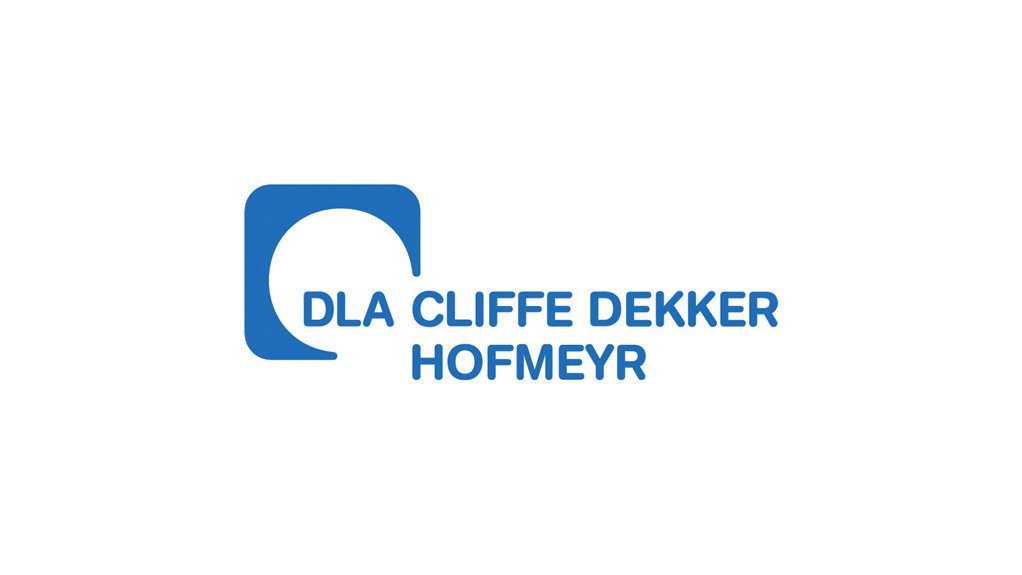When an employer retrenches employees in various stages, what are the requirements which will satisfy the criteria of fairness? This was the question the Labour Court had to determine in National Union of Mineworkers and Orlando Mawae and 17 Others v Lonerock Construction (Pty) Ltd (Case No: JS 298/12).
Lonerock Construction (Pty) Ltd (the employer) is a civil engineering and construction company specialising in inter alia, roadworks, infrastructure and bulk earthworks. Its business was adversely affected in 2011 by the economic downturn and as a result, it lost a number of clients and became very dependent on government contracts. The individual applicants were part of a group of employees that were retrenched in December 2011, following an initial retrenchment of three operators the previous month.
It was undisputed that the three operators were dismissed fairly. However, the parties disagreed as to:
- whether the retrenchment process, (which culminated with the retrenchment of the three operators) was part of an ongoing process, or was concluded when the operators were retrenched; and
- whether the respondent should have consulted afresh over the subsequent retrenchments in December 2011.
The employer and the union held a number of consultation meetings about the need for retrenchments over a period of approximately three to four months, starting in August 2011. The employer’s executive committee had decided on 23 August 2011 that the retrenchment process would take place in two phases; the first would be completed at the end of September and the second phase would follow soon thereafter.
At two meetings that took place on 26 October and 7 November 2011 between the employer and the union, the parties reached an agreement on the retrenchment of the operators. The union argued that those meetings and the subsequent retrenchment of the operators concluded the first phase of the retrenchment process.
In respect of the retrenchment of the individual applicants, the employer expressed its reluctance to list potential retrenchees as it was still, at that stage, trying to minimize job losses. On 9 December 2011, the employer informed the union for the first time that the individual applicants would be dismissed. This was despite the parties meeting on more than one occasion between 19 September and 9 December 2011. The individual applicants received their retrenchment notices on 14 December 2011.
The crux of this case, centered on the procedural fairness and the lack of sufficient consultation by the employer, once the individual applicants had been identified for retrenchment. The union contended that it only became aware of the individual applicants’ retrenchment at the meeting of 9 December 2011 and therefore, there was insufficient consultation with regard to the individual applicants’ retrenchment. This was in stark contrast to the lengthy deliberations that preceded the retrenchment of the operators.
The employer argued that this case was in line with the finding in NUMSA and Others v Precious Metal Chains (Pty) Ltd [1997] 8 BLLR 1068 (LC) (NUMSA). However, the argument was rejected as in NUMSA, a period of 6 months elapsed between the meeting with the affected employees and their actual retrenchment. Further, it was not alleged, in NUMSA, that the retrenchments would take place in phases and there were no consultation meetings between the first meeting and the ultimate retrenchments, as was the case in the present matter.
The Court held that “even if the general imperative to retrench could not be avoided, the union and the applicants were entitled to proper consultations over the selection process.” This process “would have included a discussion over the reason for ultimately identifying that number of employees for retrenchment and entertaining any proposals for alternative methods of selection and the like.”
The Court found that the dismissal was substantively unfair as the dismissal did not take place in accordance with objective and fair selection criteria. The court awarded three months’ compensation to each of the employees.
The Court confirmed that the importance of the requirement of a full, proper and sufficient consultation process. Where a company decides to embark on a phased retrenchment process, it must ensure that potential retrenches are, at each phase of the process, provided with sufficient opportunity to consult with the employer, prior to their dismissal.
Article by Cliffe Dekker Hofmeyr
EMAIL THIS ARTICLE SAVE THIS ARTICLE
To subscribe email subscriptions@creamermedia.co.za or click here
To advertise email advertising@creamermedia.co.za or click here











